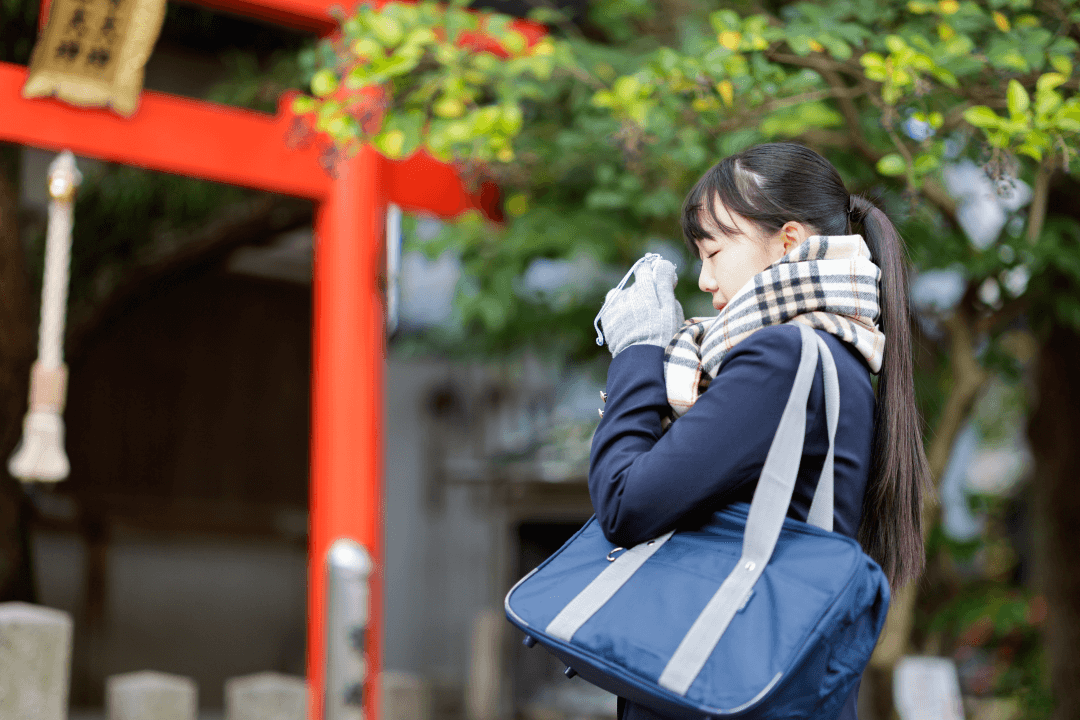
In Japan, from November to February is exam season. As exams approach, there are certain foods that are eaten as a good luck charm.
For example, “Tonkatsu” (pork cutlet) and “Gyukatsu” (beef cutlet) are often eaten just before an exam because the word “Katsu” also means to win in Japanese.
Not just with exams, but also for sports and other competitive events, katsu is often eaten the day before a match.
In Osaka, there is a shrine called Osaka Tenmangu that is dedicated to a god of learning, and many examinees and their parents visit during the exam season to pray for success. Many votive tablets are hung at the shrine, and as you look at them you can sense the hopes and dreams of the examinees.
Behind Osaka Tenmangu shrine there is a tea shop that sells “Suberan udon noodles”. In Japan, failing an exam is expressed as falling (“ochiru”), or slipping “suberu”. Regular udon is slippery, and can slip out of your chopsticks when you try to eat them, but “suberan udon noodles” have a slit in the middle to catch them with your chopsticks, making them less likely to slip.
In the kansai dialect, “Suberan” means to “not slip”, and this is the origin of the name “suberan udon”. It is beloved in households across Kansai as a lucky charm for not “slipping up” when taking exams.
I am sure that for many foreigners visiting in Japan as well, there are exams and trials at work awaiting after their return home. By all means, please try some of the good luck charms in Japan and bring some good fortune home with you.